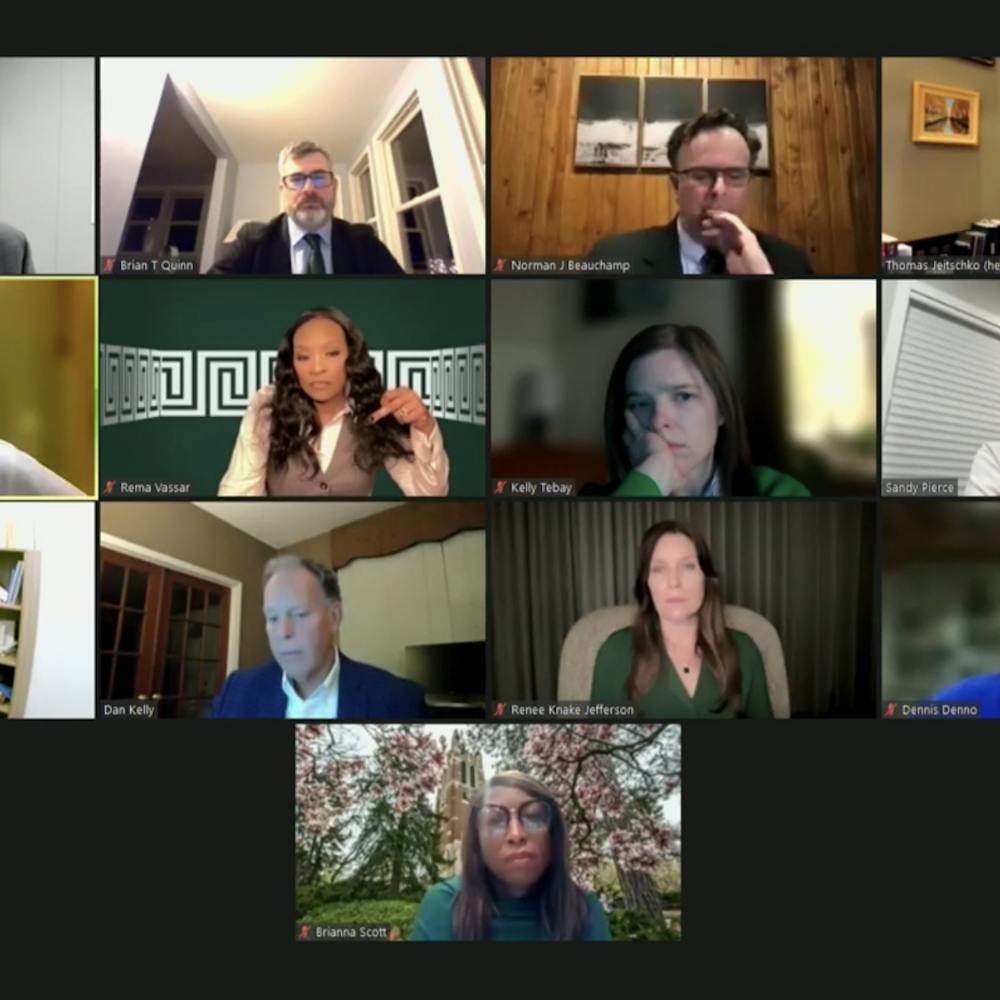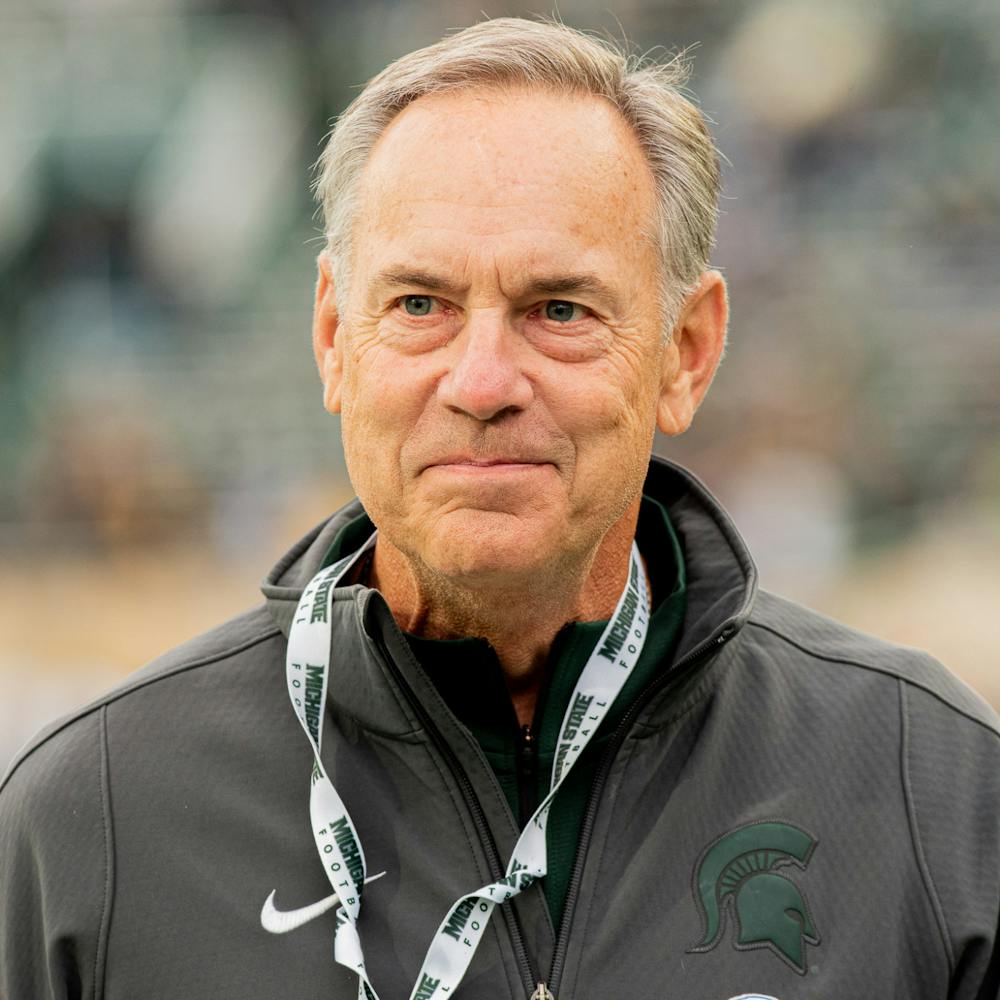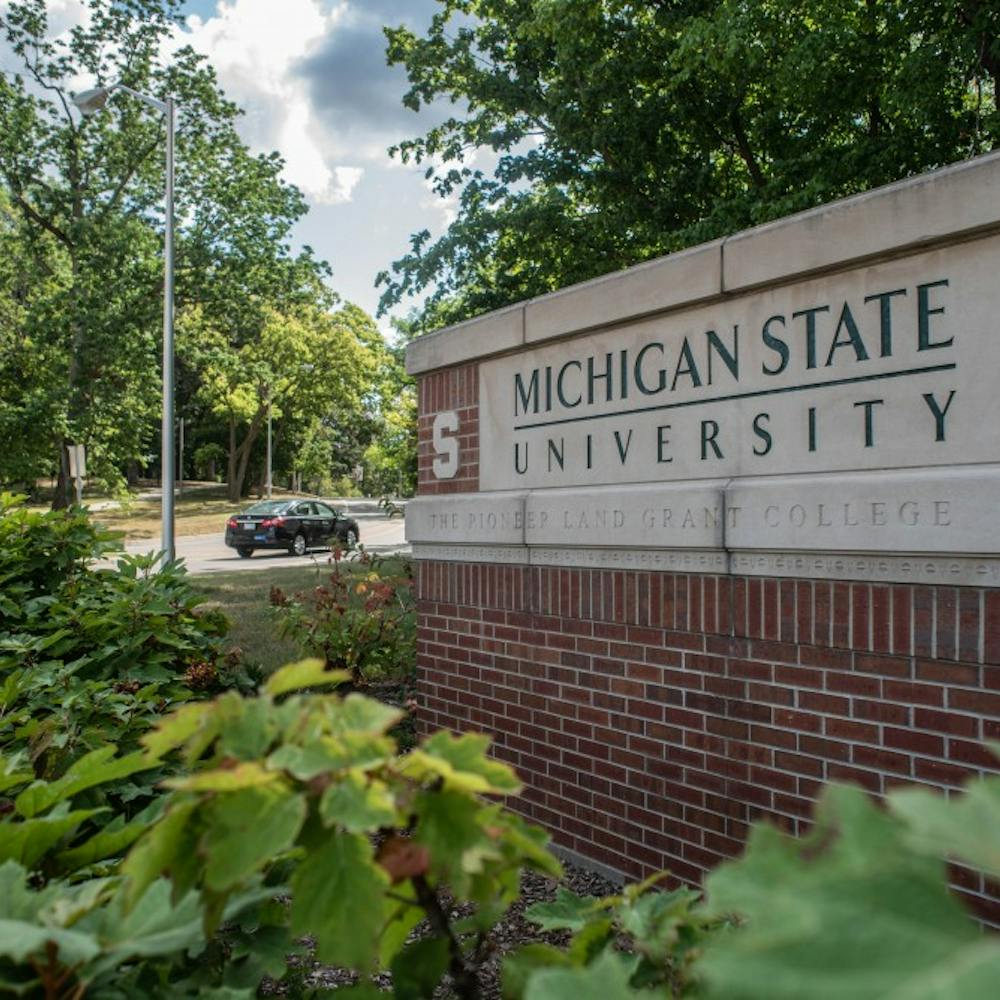The Ad Hoc Committee on Social Media, Pedagogy, Academic Rights and Responsibilities presented its final report to the University Council Tuesday and soon will head back to the Steering Committee for further review.
The Ad Hoc Committee was formed in response to Professor William Penn’s anti-Republican rant earlier this year, which spread on social media and was popular in the news. Penn could not be reached for comment.
In the final report, the committee makes several recommendations, including urging staff and faculty to establish clear policies on whether or not students have permission to record lectures and share them with classmates.
The committee looked to peer institutions policies and found that out of 17 peer institutions, eight had policies in place.
The report also recommended requiring students to take a course in digital literacy and presentation to ensure professionalism and responsibility online.
Professor William Donohue chaired the committee and said the class “might be required if it became a really popular class,” but concluded that it would probably just be an elective.
Informing students of their rights and defining what they can and can’t do is a step in the right direction, ASMSU Vice President for Academic Affairs Mitchell Goheen said.
“As social media becomes even more ingrained in our lives, I can definitely see issues occurring of students or faculty unknowingly violating some (intellectual property) policy or law and a bit of education, such as including it in syllabi, could really prevent that,” he said.
During his presentation on Tuesday, Donohue reiterated that material ownership goes both ways. For example, faculty cannot use student works as class examples or in their own portfolios as examples of student growth without student permission, Donohue said.
Chemistry professor Robert DeLuca, who advised the committee, supervises a Facebook page for his chemistry students, where classmates can ask for study tips and homework help from other students in different sections. He said social media has been a positive tool in his classes.
Geoff Rushton, the social media manager at the Office of Social Media at Pennsylvania State University, said his office already monitors affiliated social media sites to identify issues and has policies in place that clarify what students can and cannot do.
Although it is the Ad Hoc Committee’s final report, Donohue said that the policies will be reviewed annually if not every semester to keep the policy up to date with changing social media.






